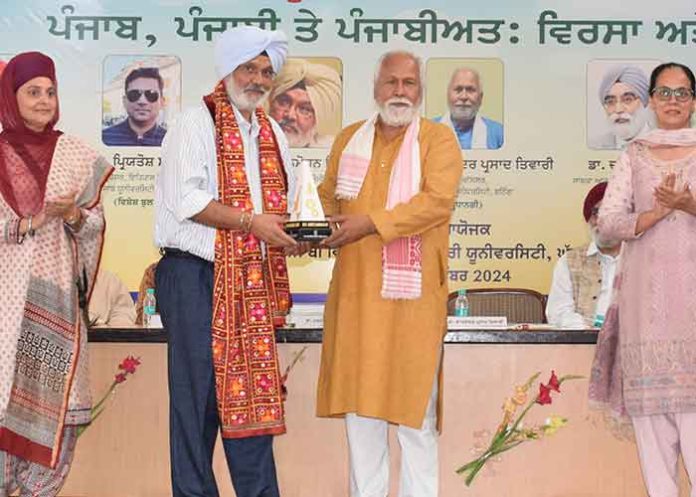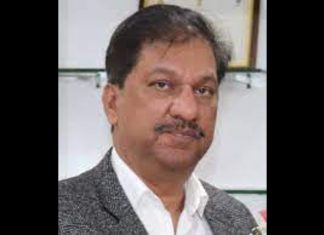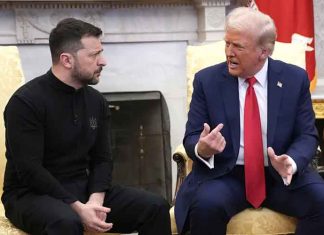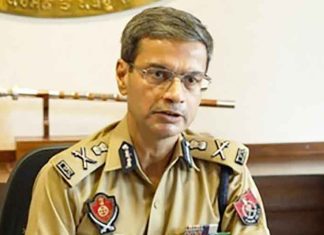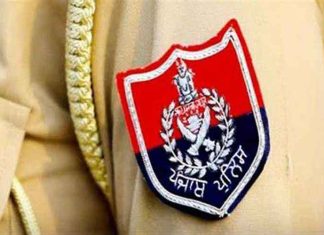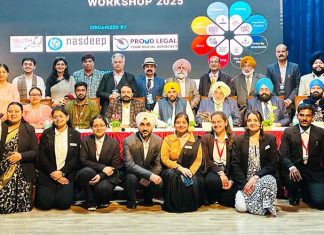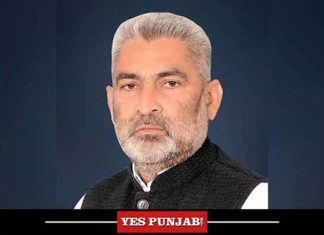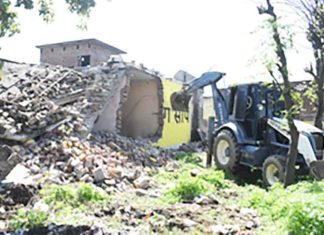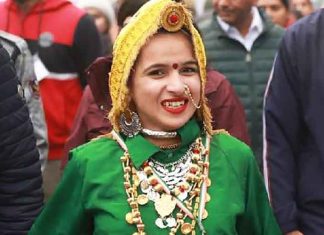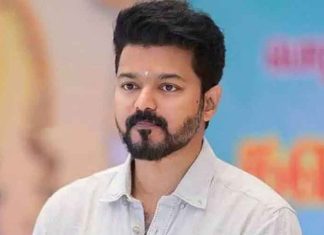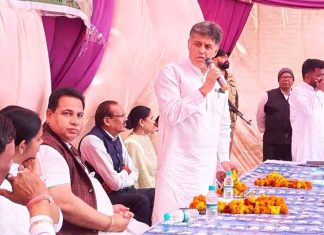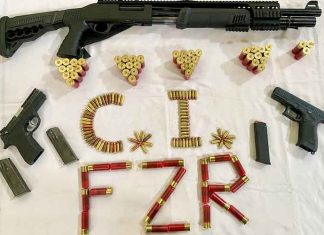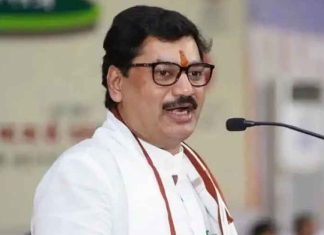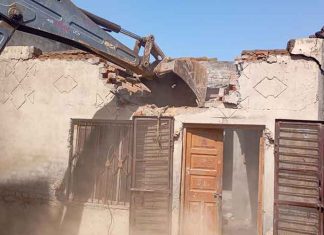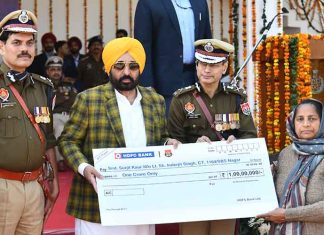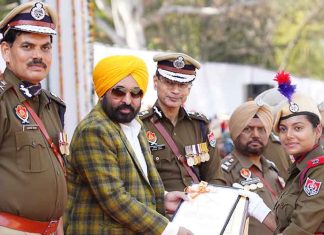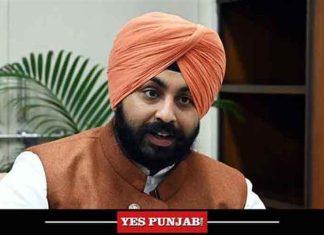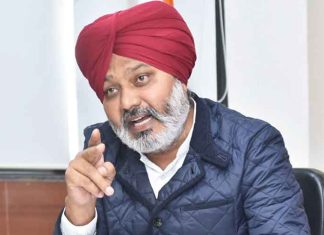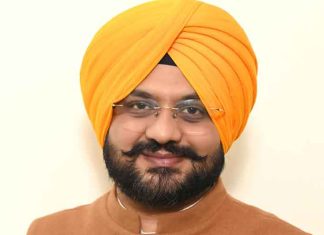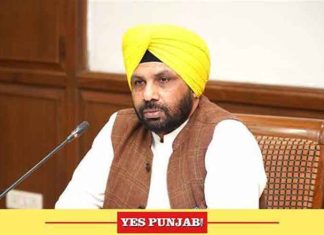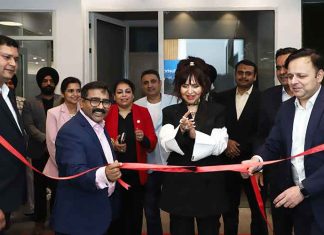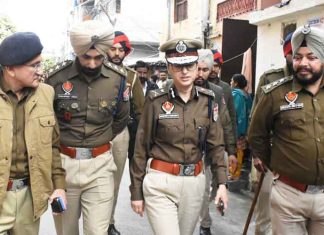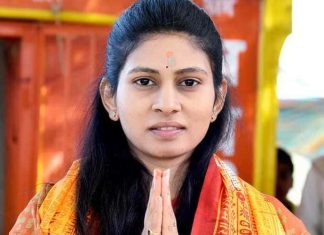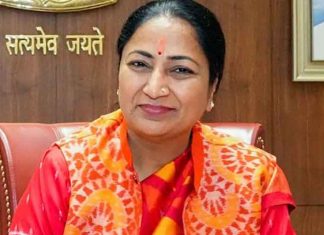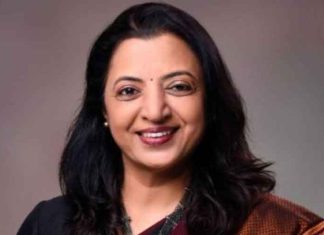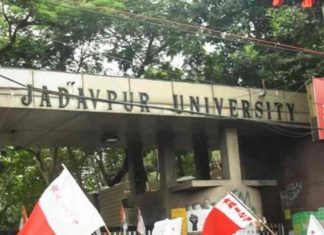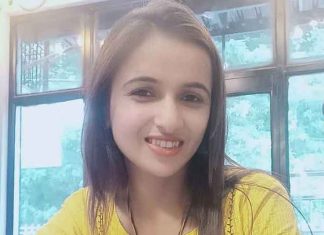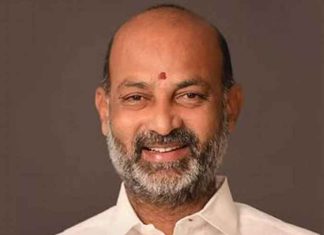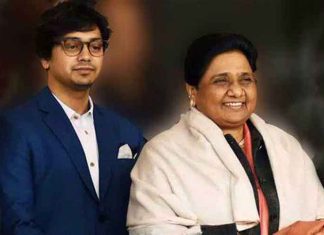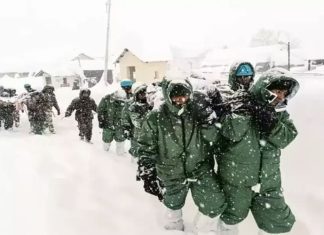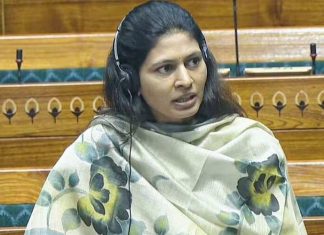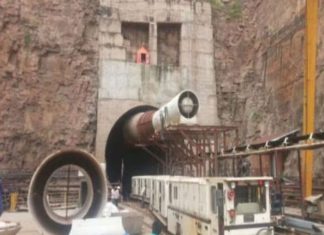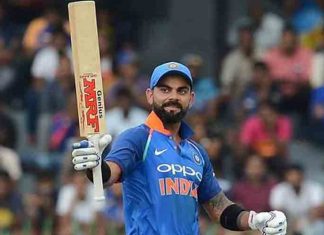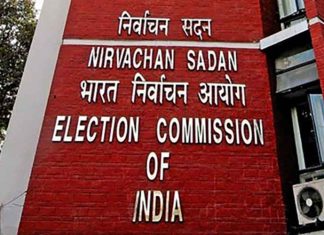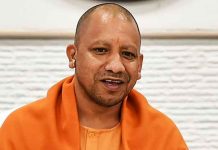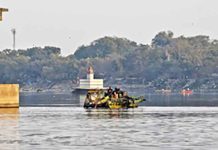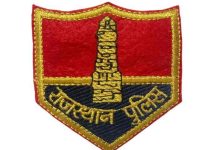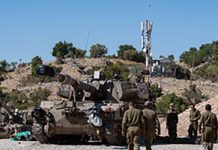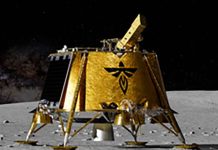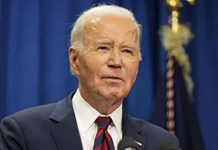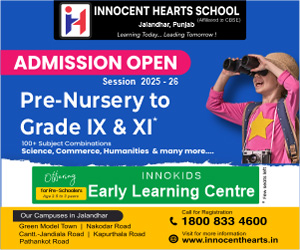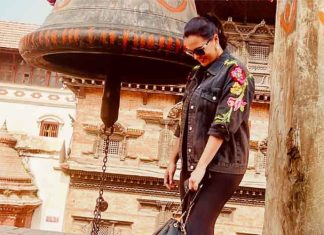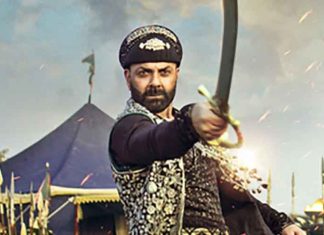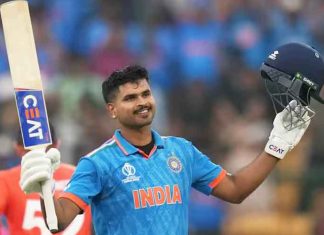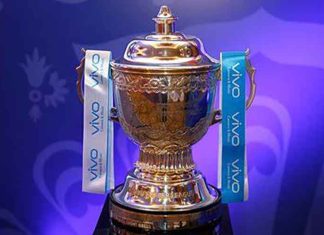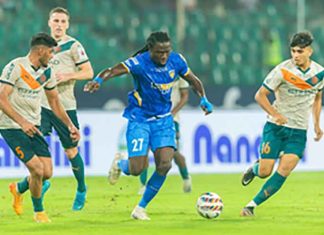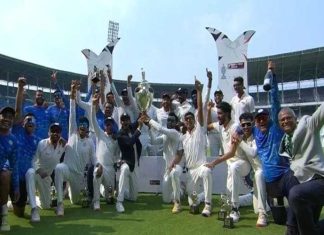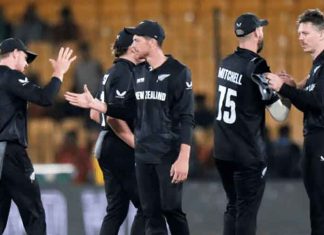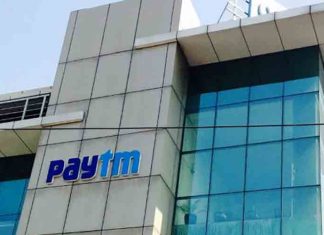Bathinda, November 8, 2024 (Yes Punjab News)
In celebration of Punjab Diwas, the Department of Punjabi at the Central University of Punjab, under the patronage of Vice-Chancellor Prof. Raghavendra P. Tiwari, held a one-day national seminar titled “Punjab, Punjabi, and Punjabiyat: Past and Present” on Friday at university campus.
Eminent speakers from various disciplines, including Dr. Manmohan, Dr. Charan Singh, Prof. Harpal Singh Pannu, Prof. Priyatosh Sharma, Prof. P.S. Dhingra and Col. (Retd.) Jaibans Singh, provided valuable insights into Punjab’s glorious past, its economy, linguistic heritage, and role in national security. The experts also discussed pathways for preserving and promoting Punjab’s cultural identity in a rapidly changing world.
At the outset, Dr. Alpna Saini, Dean, SLLC, formally welcomed the participants, and Dr. Ramanpreet Kaur, Head, Dept. of Punjabi, gave an brief overview about the seminar aims to honor the legacy of the state, its language, and its people, while addressing future challenges. Since the foundation of modern Punjab was laid on November 1, 1966, the region has flourished globally, propelled by its extensive diaspora and cultural influence.
In his keynote address, Dr. Manmohan , Professor of Eminence at Guru Nanak Dev University, Amritsar, discussed “The Concept and Nature of Punjabiyat: Past and Present,” highlighting the timeless essence of Punjabiyat and its relevance to modern identity. He emphasized that Punjabiyat is more than a cultural expression; it is a philosophy and a way of life rooted in values of resilience, hospitality, and community service, that has remained relevant over the centuries.
Dr. Charan Singh, former RBI Chair Professor at IIM Bangalore, delivered a lecture on “Punjab Economy in the Context of Viksit Bharat.” He examined Punjab’s substantial contributions to India’s economy, especially in the context of agriculture and industry. Recognizing the need for an evolving approach to meet future demands, he outlined strategies to align Punjab’s economic growth with the broader vision of a developed India.
Prof. Harpal Singh Pannu, Former Chair Professor at the Central University of Punjab, explored “Punjab, Punjabi, and Punjabiyat in the Context of Indian Philosophical Tradition.” With eloquence, he revealed how Punjabiyat is woven into the very fabric of India’s philosophical heritage, carrying values that extend far beyond regional borders? Prof. Pannu discussed how these traditions have significantly shaped and enriched India’s national identity.
Delivering a historical perspective, Prof. Priyatosh Sharma, Professor of History at Panjab University, Chandigarh, presented on “Changing Landscape of Punjab: A Historical Perspective” stated that Punjab’s journey from its ancient roots to the present has been one of continuous evolution. He traced the evolution of Punjab from ancient times to the present, illustrating the key historical events that have shaped the state and its identity.
In his address on “Punjabi Language: Rich Heritage and the Present Scenario,” Prof. P.S. Dhingra, Former Professor and Director at PU Regional Centre, Muktsar, discussed the linguistic richness of Punjabi and the need for its preservation and growth in a globalized world.
Col. (Retd.) Jaibans Singh, a Defence and Strategic Studies Expert, delivered insights on “Contribution of Punjab in National Security: Glorious Past and Contemporary Challenges.” He highlighted Punjab’s historical and ongoing role in India’s national security, underscoring both the legacy of Punjab’s contributions and the current challenges in safeguarding the nation.
In his presidential address, Prof. Raghavendra P. Tiwari, Vice-Chancellor of Central University of Punjab, emphasized that this seminar offered a valuable platform to engage in discussions on Punjab’s rich historical legacy and cultural achievements. He also highlighted the importance of addressing contemporary issues and the challenges that lie ahead, encouraging a forward-looking approach to preserving and promoting Punjab’s unique identity.
Participants gained a deeper understanding of the diverse aspects of Punjab, Punjabi language, and Punjabiyat, and the event was a fitting tribute to the rich heritage and vibrant culture of Punjab.





